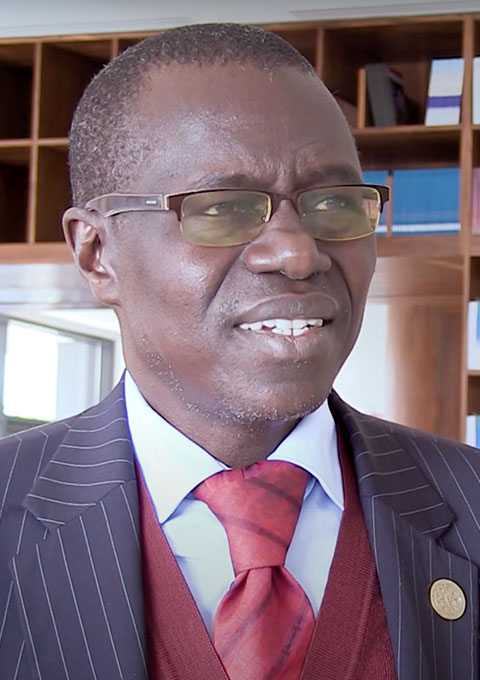Questions : 1/ Est ce que le Maroc remplit les critères de l’émergence économique selon vous? 2/ Quels sont les ingrédients secrets de l’émergence ? 3/ Quels sont les défis qu'il reste à relever en matière de développement économique ? 4/ Si vous aviez une baguette magique et que vous pouviez agir sur l'un des facteurs clés de succès en priorité, ce serait lesquels ? 5/ Selon vous, quels partenariats devraient être renforcés entre le Maroc et les pays d'Afrique de l'ouest ?
Speakers

Moubarack Lo
Senior Fellow
Moubarak Lo is Senior Fellow at the Policy Center for the New South and President of the Emergence Institute, specializing in economic and statistical studies and strategic planning, and who focuses on Economic Growth & Development, and Applied Statistics. He was Special Adviser to the Prime Minister, Chief Economist of the Prime Minister and Coordinator of the Economic and Social Analysis Unit. Previously, he was deputy director in the Cabinet of Macky Sall, president of the Republic of Senegal. He also served as an economic advisor to Prime Ministers Habib Thiam, Moustapha Niasse, and Mamadou Lamine Loum, as well as the Office of the Minister of Economy and Finance. He is an expert for the UN, the African Development Bank, the World Bank, the African Union, and Economic ...









